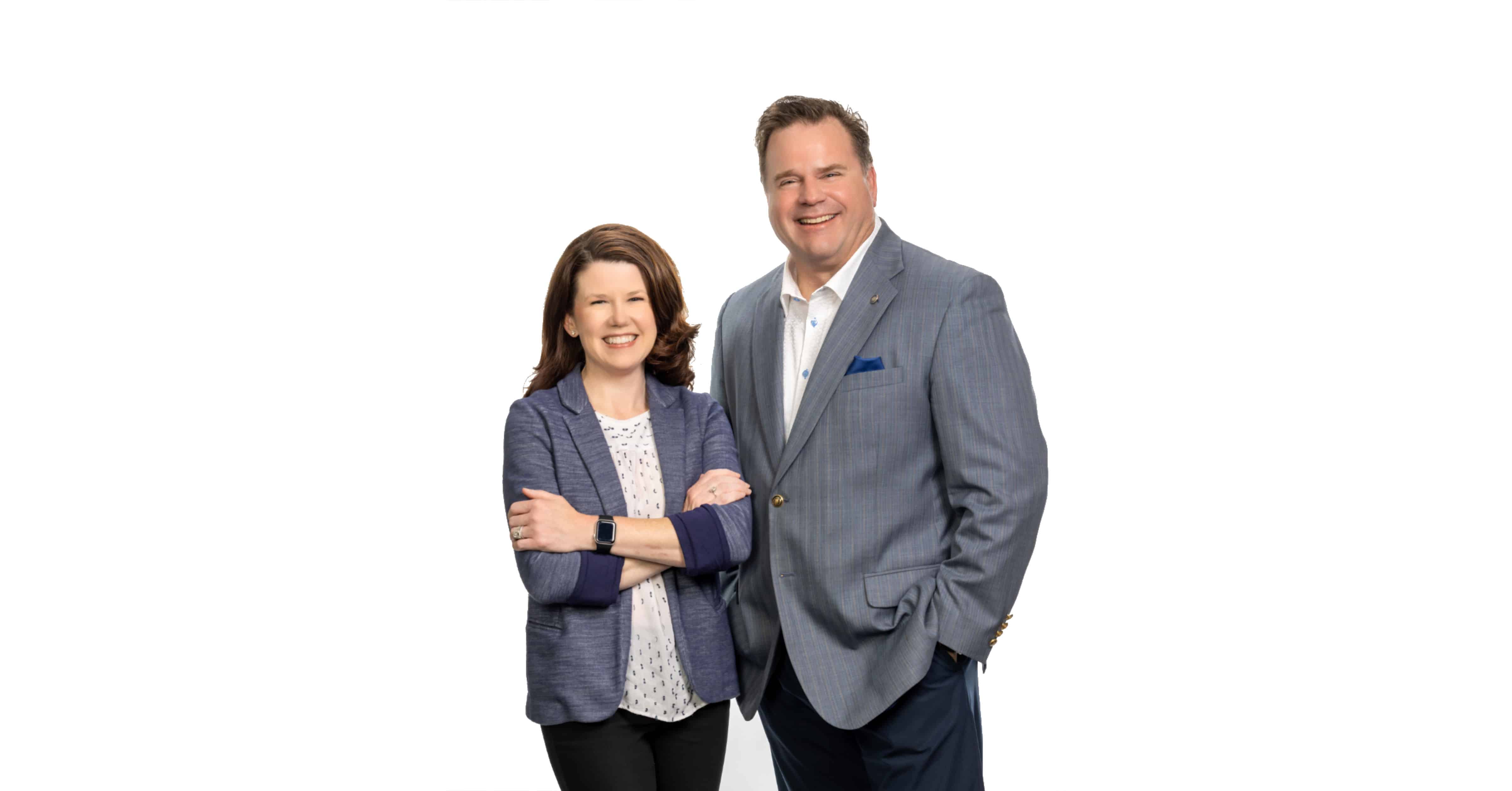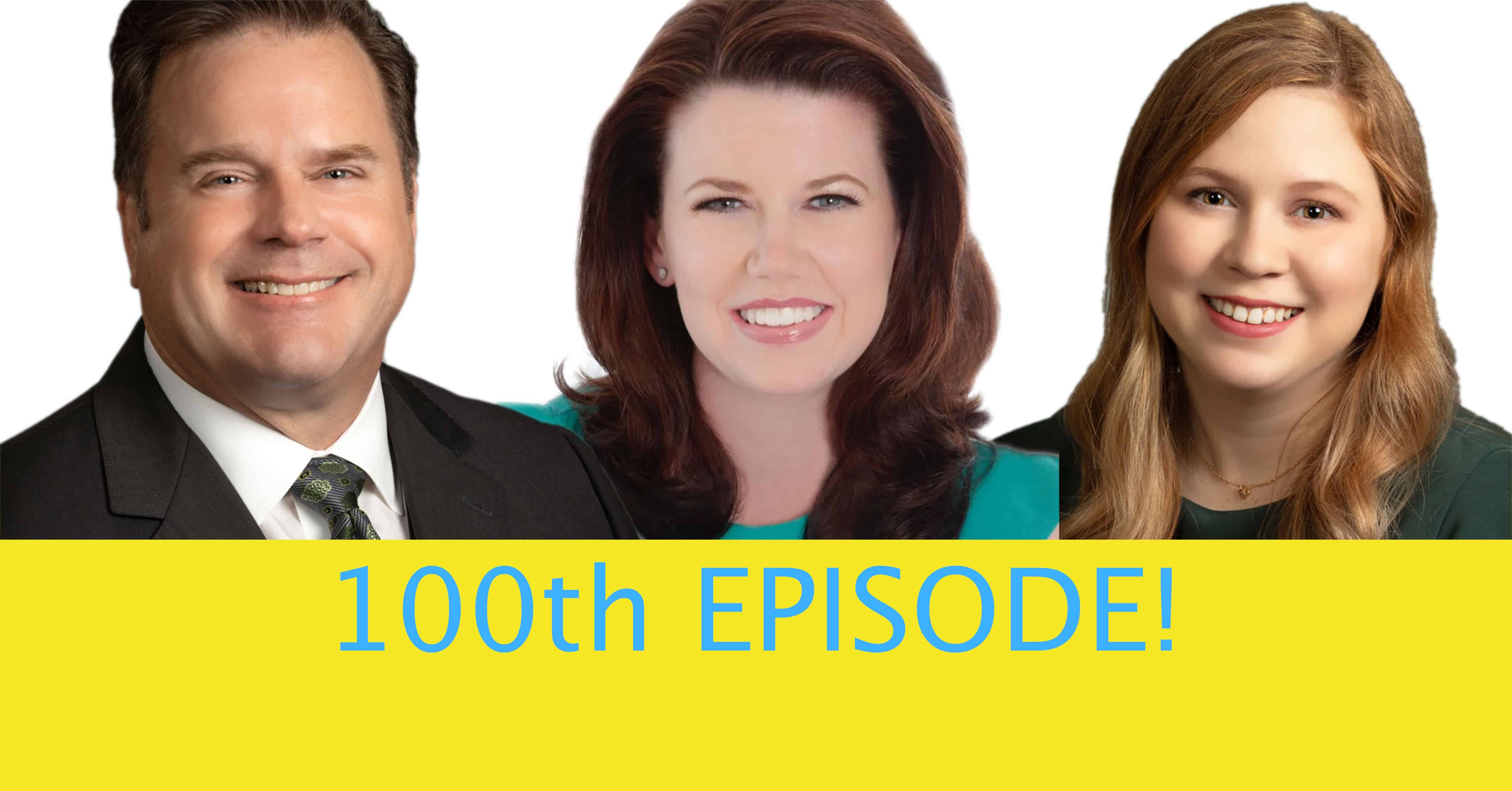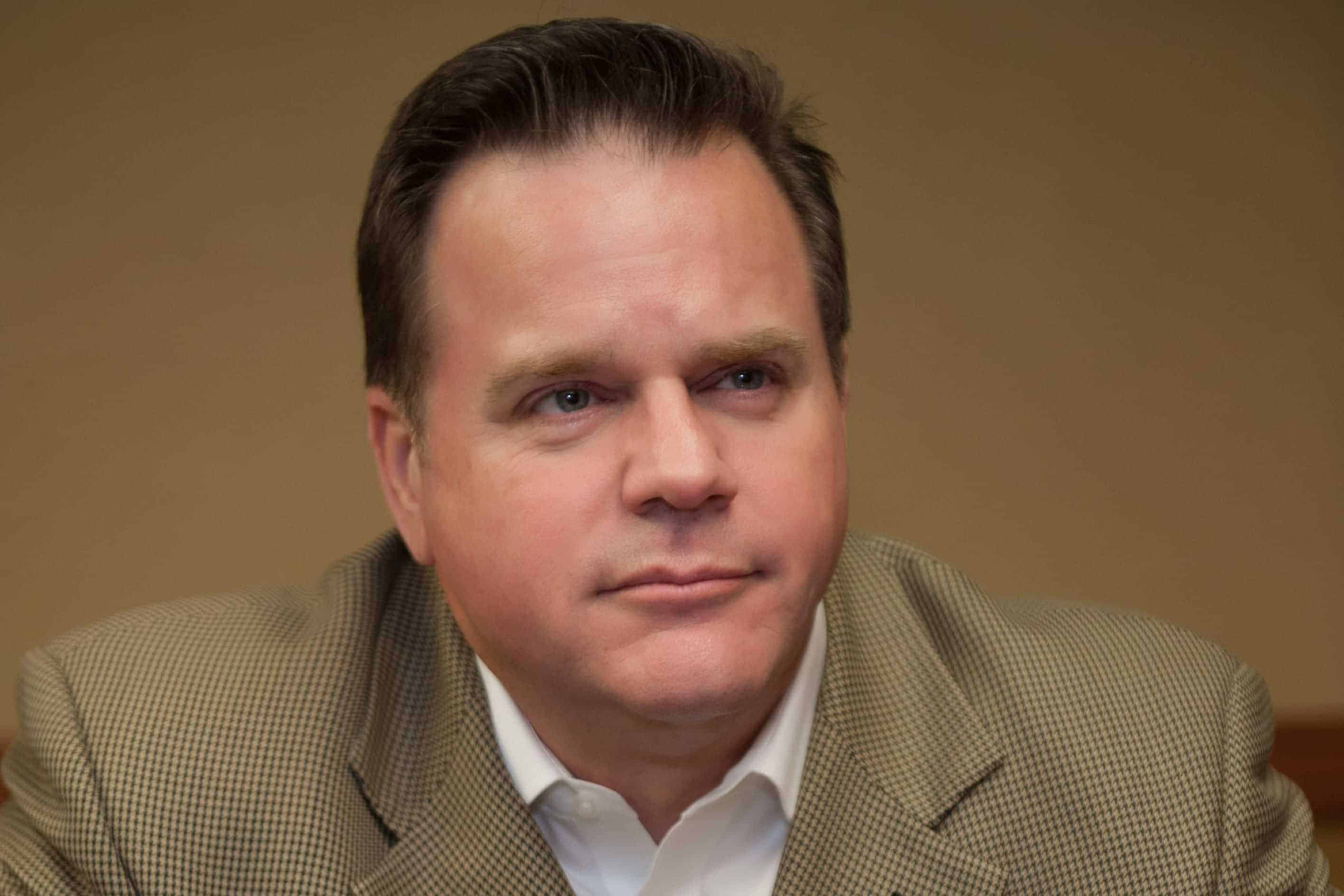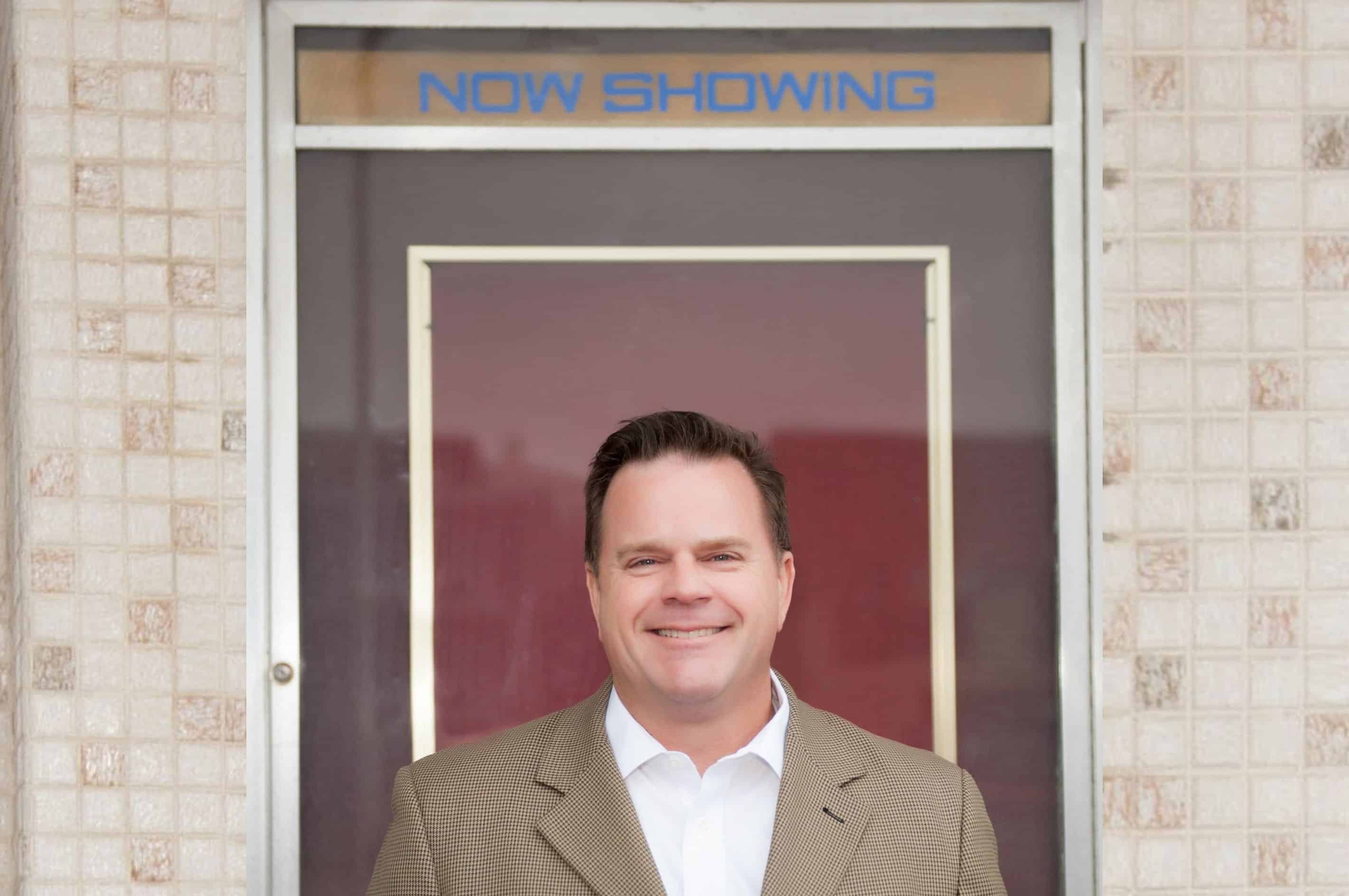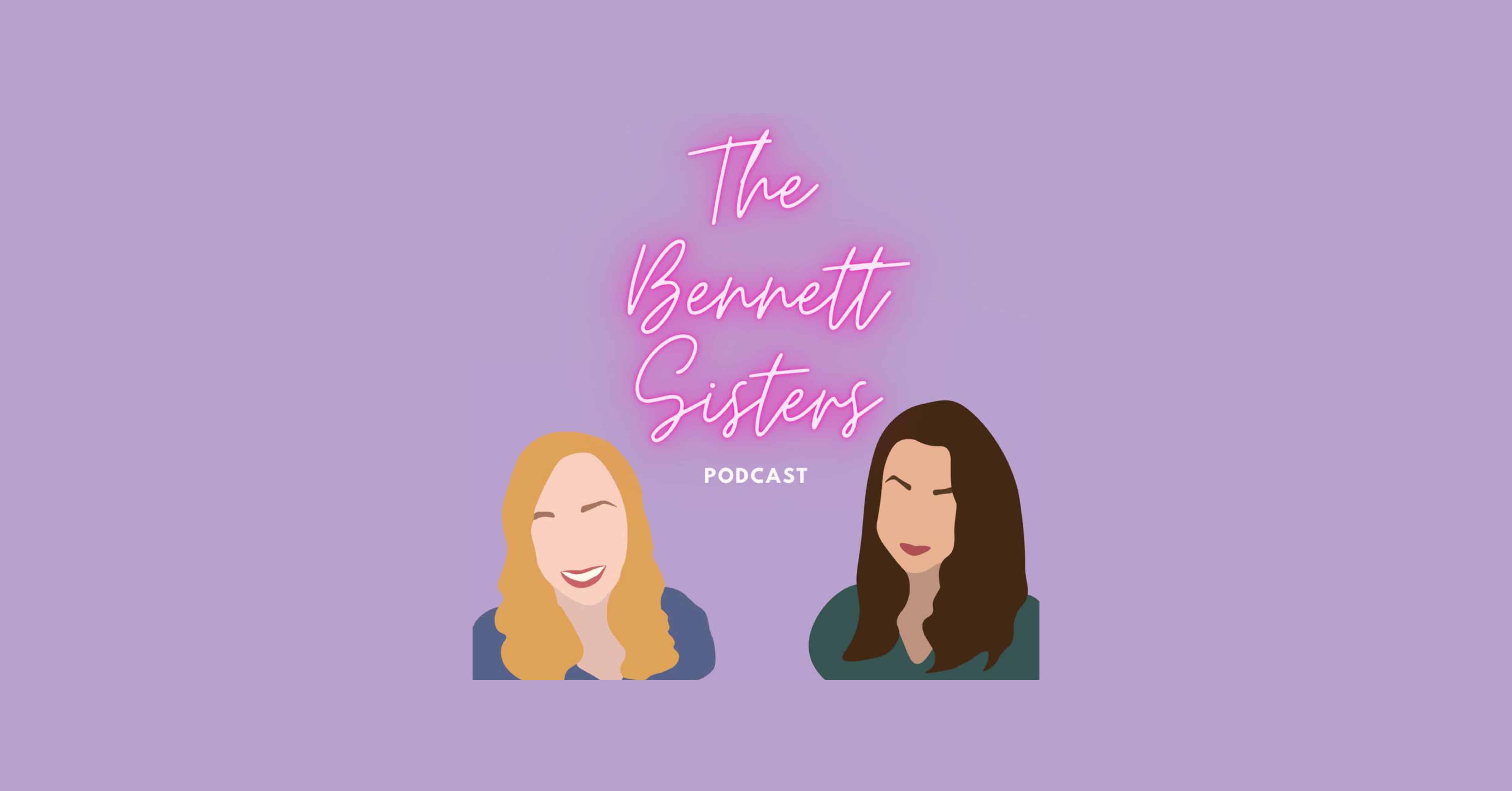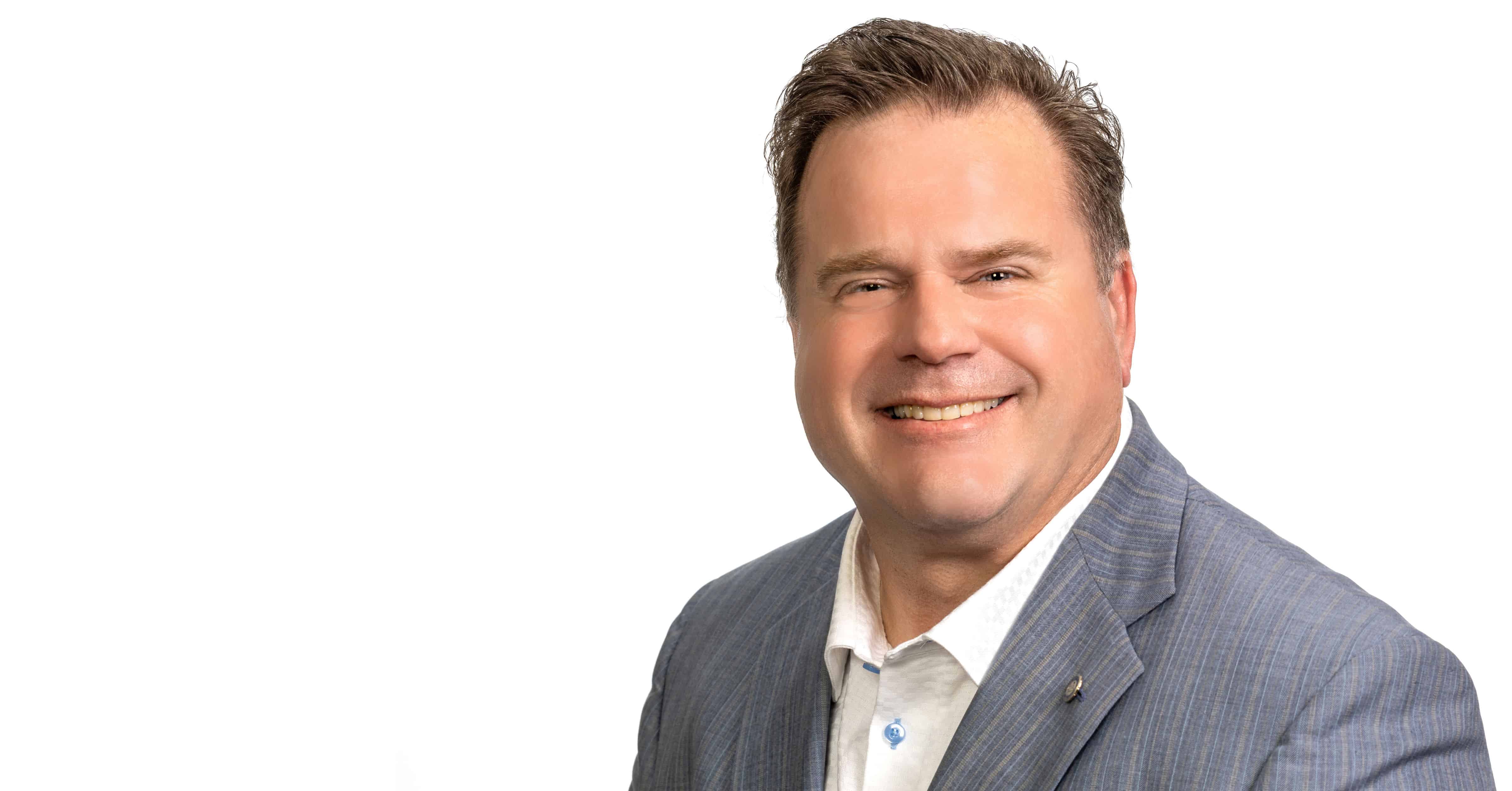When should I retire? When should I claim Social Security benefits? How will I afford health insurance in retirement? Do I have sufficient assets to support me in retirement?
These questions are the primary concerns of individuals considering retirement. The truth about the answers to these questions lies in the person’s facts and circumstances. Everyone is unique in their net worth, risk tolerance, cash flow needs and other crucial factors that determine retirement planning strategies. One simple answer does not apply to everyone’s questions about this important subject.
Let us tackle these important questions in a prudent manner. First, determining when a person retires is easier than imagined. Assuming you are healthy and have saved sufficient assets to fund your retirement cash flow needs, the date of your retirement is based on the time when you are mentally ready to do so. For many retirees, the qualitative (mental) aspects of retiring are more challenging than the quantitative (assets) ones. Either you have sufficient assets to retire, or you do not. However, the mental aspect of how you will spend your time in retirement is a much more puzzling question.
Ideally, a person should retire when she has hobbies to enjoy, trips to engage her and wealth to fund it all. There is not a certain age that one should retire. Many of our clients will continue working past the age of 65 because they are enthusiastic about their contributions for their employer, clients, or the world at large. This type of individual may sign up for SSA benefits but continue to work beyond their full retirement age as defined by Social Security Administration regulations.
More than 50% of qualified participants file for their SSA benefits prior to their full retirement age. Typically, these individuals believe their longevity in life will not be long enough to receive the return of the benefits they contributed from their payroll checks while working. Incidentally, the individuals may live to age 85 as their parents and grandparents experienced. If this is the case, the urge to collect their benefits early may cost them a substantial amount of money over their retirement years. A better approach may be to wait until the person reaches full retirement age of 65 to 67 before filing for benefits.
Few people take advantage of the 8% bonus earnings for waiting to file for benefits after full retirement age until they reach age 70. These bonus credits may contribute an additional 24% to 32% of monthly benefits! This amount of bonus received over a person’s lifetime beyond age 70 could be helpful for them later in life when medical needs may be higher.
Most people need health insurance to mitigate one of the largest costs of living they will experience. After leaving your job, you may be able to use COBRA for the purchase of your health insurance from your previous employer. However, this means you will be responsible for the full cost of the insurance, and it is a significant burden.
A better approach may require that you wait until age 65 to retire. You would be eligible for Medicare benefits at a much smaller premium amount than COBRA coverage through your previous employer. Of course, we recommend a supplemental policy to help cover the 20% coinsurance you are required to pay.
If this process sounds daunting, it does not have to be. Seek the assistance of a Certified Financial Planner™ professional to determine when the best time is for you to retire and the options you must fund the lifestyle you choose. Maya Angelou said it best, “My mission in life is not merely to survive, but to thrive and do so with passion, some compassion, some humor and some style.”


